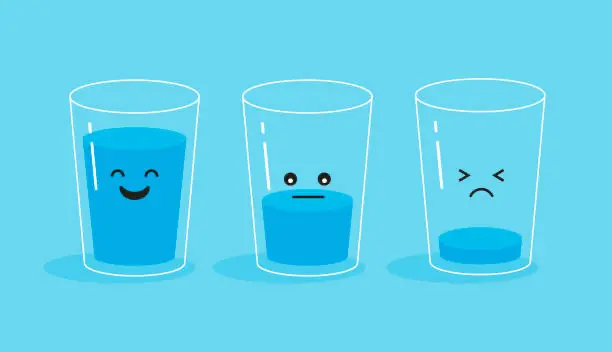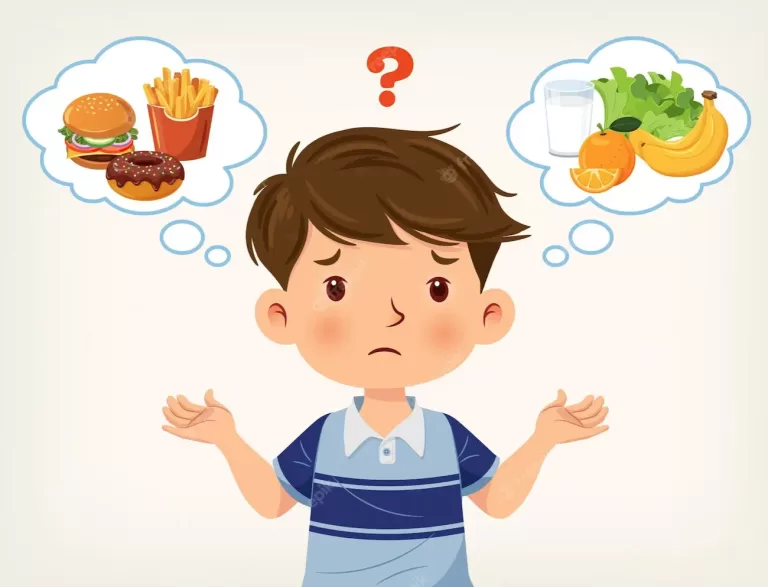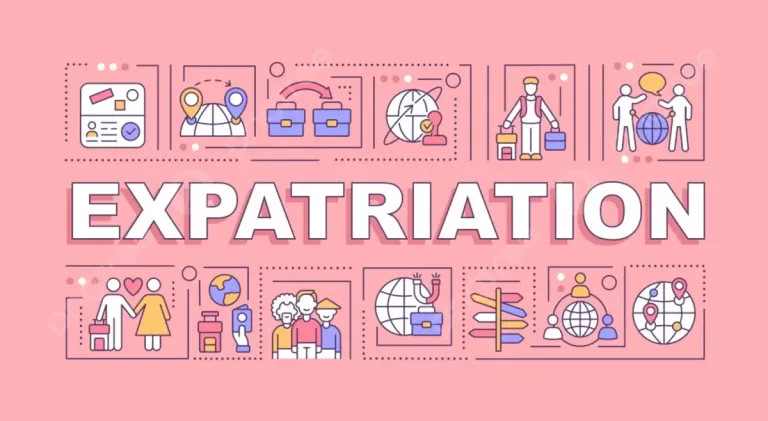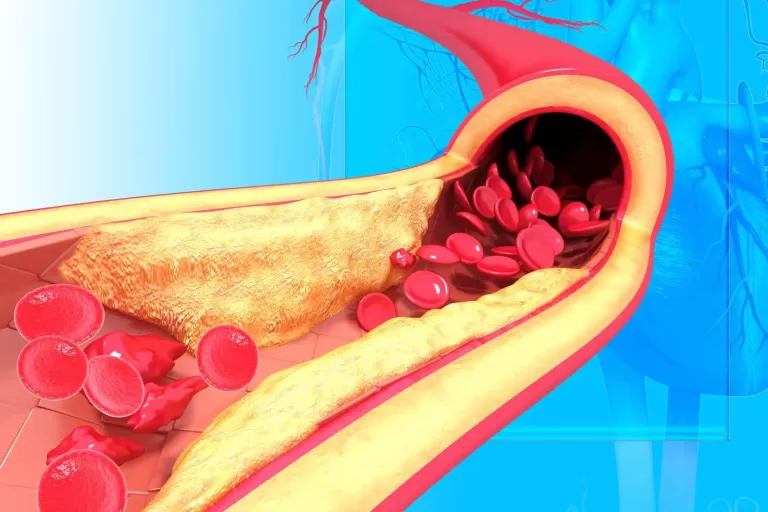How to survive a vegan apocalypse (spoiler: you don’t need meat or dairy). ..
A vegan diet is one that excludes all animal products, such as meat, eggs, dairy, honey, gelatine, etc.
Some of the reasons why people choose to adopt a vegan diet are ethical, environmental, health, or personal preferences.
Converting from meat to a vegan diet can have several benefits, such as lowering the risk of chronic diseases, reducing greenhouse gas emissions, saving animal lives, and improving overall well-being.
According to several studies, a vegan diet can lower the risk of chronic diseases, such as heart disease, diabetes, and some cancers, by modulating various biomarkers and reducing inflammation. For example, a study funded by the NIH/National Cancer Institute found that people following vegan diets had the lowest risk for cancer, heart disease, and hypertension, compared with other dietary groups. The vegan group also had higher levels of omega-3 fatty acids and higher serum levels of carotenoids and isoflavones associated with lower inflammation.
Another study published in BMJ Nutrition, Prevention & Health reported that plant-based and vegetarian diets were associated with a lower incidence of COVID-19 infection, after adjusting for important confounders, such as body mass index, physical activity and pre-existing medical conditions.
Additionally, a review article in Frontiers in Nutrition highlighted that a vegan diet could improve glucose metabolism, blood pressure, and lipid profile, which are risk factors for type 2 diabetes and cardiovascular disease.
A vegan diet requires careful planning and supplementation to avoid nutritional deficiencies, such as vitamin B12, vitamin D and EPA/DHA. A vegan diet should include adequate calories and nutrients from a variety of plant foods, such as vegetables, fruits, whole grains, legumes, nuts, and seeds. ]
Converting from meat to a vegan diet can also pose some challenges, such as meeting nutritional needs, finding suitable alternatives, dealing with social pressure, and adjusting to new tastes and textures.
Some of the resources that can help with the conversion are vegan cookbooks, blogs, podcasts, documentaries, online communities, and local groups.
Converting from meat to a vegan diet can be a rewarding and satisfying experience that can improve your health, ethics, and the environment.
Some of the benefits of a vegan diet for your health are:
- Lower risk of chronic diseases, such as heart disease, diabetes, and some cancers.
- Lower blood pressure and cholesterol levels.
- Better weight management and prevention of obesity.
- More intake of fibre, antioxidants, vitamins, and minerals.
- Less exposure to hormones, antibiotics, and pesticides that are often found in animal products.
Some of the benefits of a vegan diet for the environment are:
- Reduced greenhouse gas emissions and water consumption.
- Less land use and deforestation.
- Less animal suffering and exploitation.
- More biodiversity and wildlife protection.
Some of the benefits of a vegan diet for your compassion ❤ are:
- Increased awareness and empathy for other living beings.
- Alignment of your values and actions.
- Contribution to social justice and human rights.
- Participation in a growing and supportive community.
- Drugs in meat & poultry
Fluoroquinolones: are a class of antibiotics that are critically important for human health, but they are also used to treat infections in chickens in some countries, such as Poland. This can lead to the emergence of bacteria resistant to fluoroquinolones, such as salmonella, which can pose a serious threat to human health.
Colistin: is another last-resort antibiotic that is used to treat infections that do not respond to other drugs. However, it is also widely used in animal farming, especially in China, where it accounts for more than half of the total antibiotic use in livestock. This has resulted in the detection of bacteria carrying a gene that confers resistance to colistin, known as mcr-1, in animals, food products and humans.
Bacteriocins: are natural antimicrobial peptides produced by some bacteria that can inhibit the growth of other bacteria. They have been proposed as alternatives to antibiotics in animal production, as they can enhance animal health and performance without selecting for resistant bacteria. However, their efficacy, safety and stability need to be further evaluated before they can be widely applied.
Antibiotic residues are the traces of antibiotics that remain in animal tissues or products after treatment. They can pose a risk to human health by causing allergic reactions, disrupting the normal gut flora or facilitating the development of resistance. Therefore, there are strict regulations and monitoring systems to ensure that the levels of antibiotic residues in food are below the maximum residue limits (MRLs).
The intensive use of antibiotics in animal farming contributes to the emergence and spread of antimicrobial resistance, which threatens the effectiveness of existing treatments for infectious diseases.
Selling Milk is BIG business
The milk marketing board was a government agency that promoted the consumption of milk in the United Kingdom from 1933 to 2003. It used various strategies to persuade the public to drink more milk, such as advertising campaigns, educational programs, subsidies, and celebrity endorsements. Some of the most famous slogans of the board were “Drinka Pinta Milka Day”, “Milk’s Gotta Lotta Bottle”, and “Accrington Stanley, Who Are They?”. The board also sponsored sports events, music festivals, and television shows to associate milk with health, fun, and culture.
The board claimed that milk had many benefits for the human body, such as strengthening bones, teeth, and muscles, preventing diseases, and enhancing beauty. The board’s efforts were successful in increasing the demand and consumption of milk in the UK, especially among children and young people.
Eggheads
How the mass farming and consumption of eggs has affected animal and human health
Eggs are a common source of food and nutrition all over the world, as they contain high-quality protein, vitamins, minerals, essential fatty acids, antioxidants, and choline. However, eggs also have high amounts of fat, cholesterol, and bioactive components that can affect the inflammatory pathways in the body. The mass farming and consumption of eggs may have negative effects on animal and human health, such as increasing the risk of cardiovascular diseases, diabetes, and metabolic syndrome.
Several studies have shown that eating one or more eggs per day can increase the blood cholesterol levels, lower the HDL-C levels, raise the blood glucose levels, and cause more deaths from heart disease and cancer. The relationship between egg cholesterol and blood cholesterol is complex and depends on the absorption of cholesterol from the egg and the functioning of the intestinal microbiota. Therefore, it is important to limit the intake of dietary cholesterol and to consume eggs in moderation (if at all!).
Planet Earth
The meat and dairy industries are among the major contributors to global environmental problems, such as greenhouse gas emissions, land degradation, water pollution and biodiversity loss.
According to a 2018 report by the Food and Agriculture Organization, livestock accounts for 14.5% of all anthropogenic GHG emissions, and uses about 70% of all agricultural land. The high demand for animal products also drives deforestation, habitat conversion and overexploitation of natural resources. Moreover, the meat and dairy industries pose significant risks to human health, as they are associated with increased risks of chronic diseases, such as cardiovascular disease, diabetes and some cancers.
Therefore, reducing the consumption and production of meat and dairy products is essential for achieving the Sustainable Development Goals and mitigating the impacts of climate change.
Summary
As you can see, there are many reasons to convert from meat to a vegan diet. It is not only good for your health, but also for the planet and the animals. If you are ready to make the switch, you will find plenty of resources, recipes, and tips online and offline. You will also discover a variety of delicious and nutritious plant-based foods that will satisfy your taste buds and your nutritional needs. A vegan diet is not a sacrifice, but a celebration of life!
To successfully convert from meat to a vegan diet, it is important to do some research, plan ahead, consult a health professional, and make gradual changes.








Why I said goodbye to burgers and hello to beans